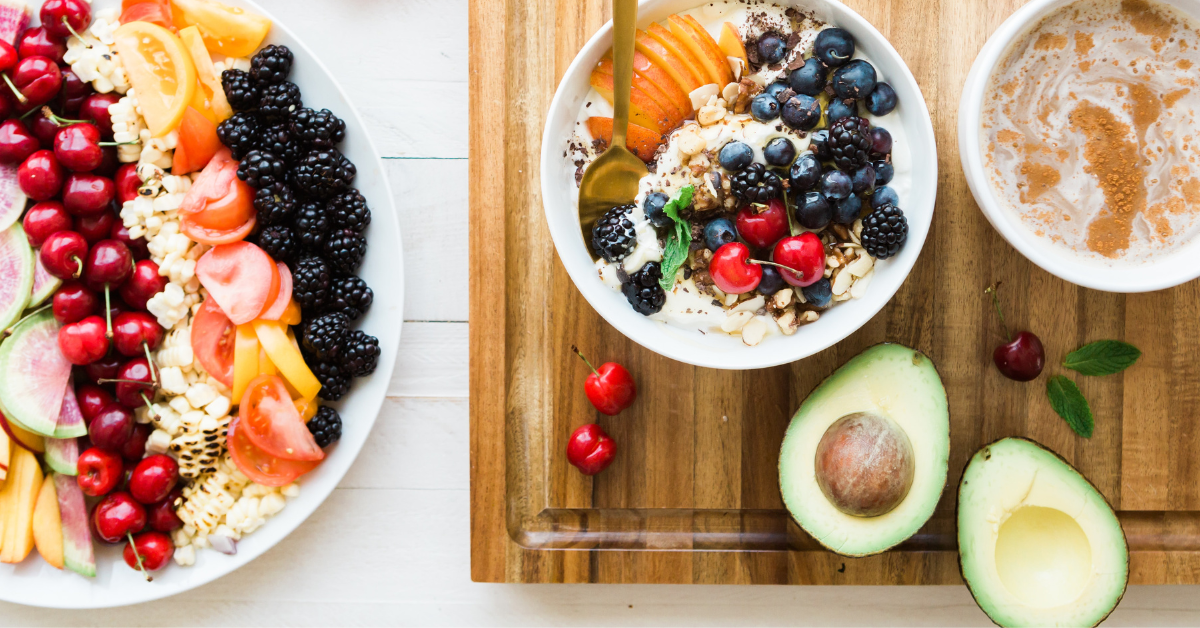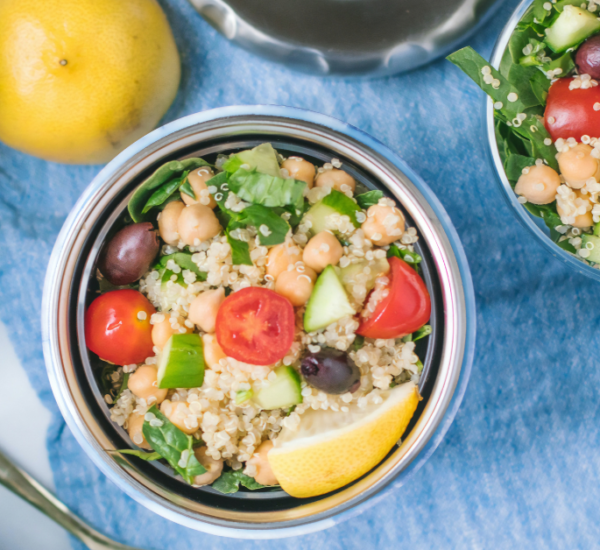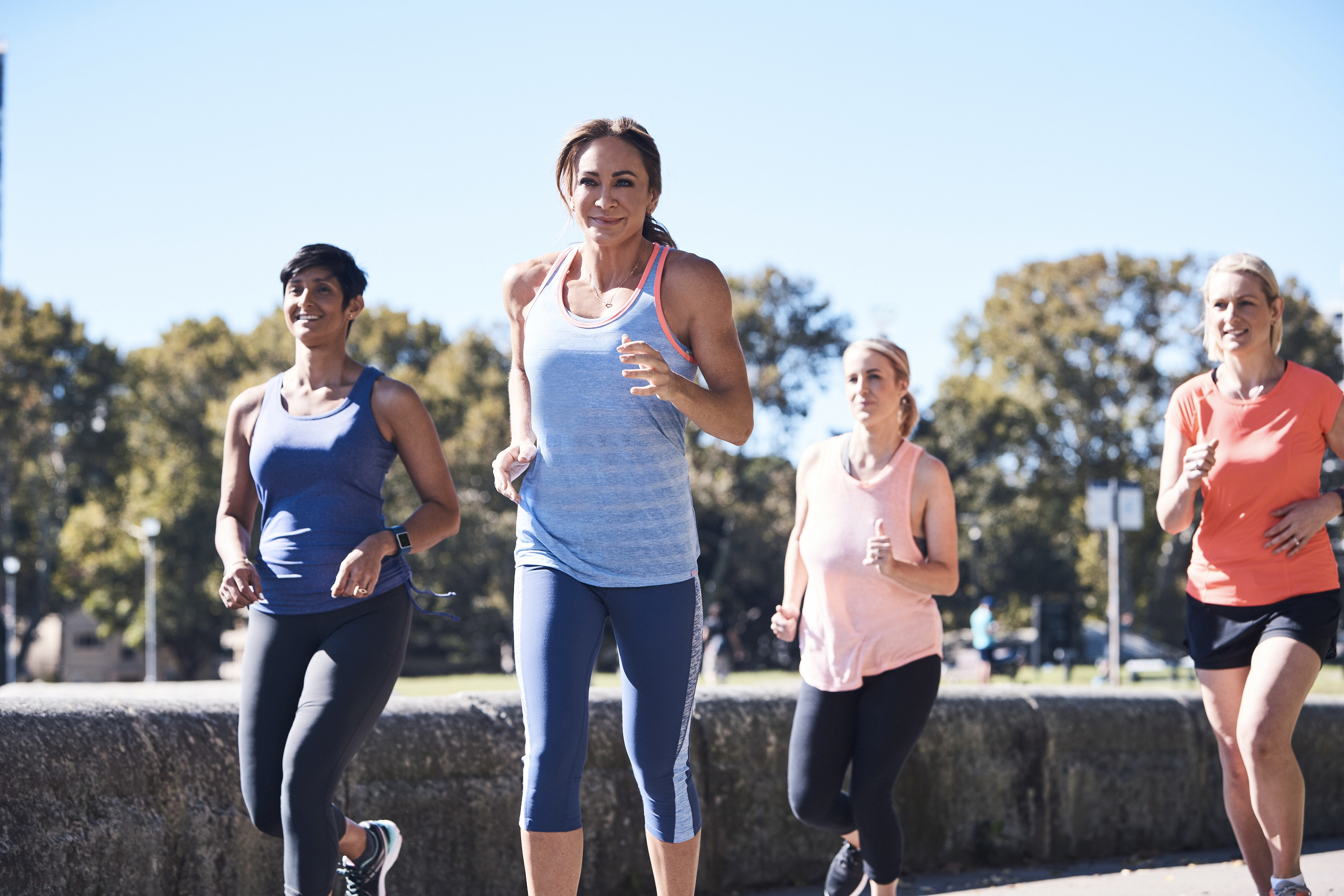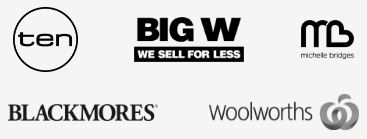Planning for a baby is a very exciting time! When babies are on the mind you’ll no doubt want to know what you can do to help your chances of a healthy conception. So, in amongst the daydreams of a beautiful baby bump and browsing Pinterest for nursery décor, now is the time for BOTH partners to give their diet a good tidy-up. Which, you guessed it…includes plenty of delicious whole foods!
Nutrients for Healthy Conception
While there is no one food that will help you fall pregnant, nutritional science is continually learning of the role that certain nutrients play in both the lead up to and throughout pregnancy. So, to get your diet in tip-top shape for baby, let’s take a look at five important fertility-enhancing nutrients.
Folate
An essential vitamin required for the early development of your baby’s brain and spinal cord. Can you believe that all of this takes place in just the first 12 weeks of pregnancy? Amazing! For this reason, women should be consuming folate-rich foods long before they even fall pregnant.
Along with sounding like the ingredients for a delightful breakfast menu, foods such as eggs, leafy greens, legumes, avocado, nuts and seeds offer a superb source of folate. However, to ensure your folate needs are covered it’s best to take a daily supplement containing 400 micrograms of folic acid a day(1) – preferably for three months before and three months after conception.
Also read: Can I Exercise When Pregnant? Your How-To Guide
Zinc
Essential for both partners! In women, zinc is needed for healthy ovulation and in men zinc is used in the production of testosterone and healthy sperm – those with good motility and without defects. Following conception, zinc is required for healthy cell division of your growing baby.
To naturally boost your zinc intake, toss chickpeas through colourful salads, add a dollop of natural yoghurt to muesli, enjoy lean meat a few times each week and if you’re inclined, oysters – after all, they weren’t called an aphrodisiac for no good reason!
Vitamin D
Low levels of vitamin D have been associated with infertility and once pregnant, may place an expectant mother at risk of preeclampsia and pre-term labour. Vitamin D is often called the ‘sunshine vitamin’ as the skin forms it when exposed to sunlight. Despite our strong Aussie sun, deficiency is very common – especially for those who cover up outdoors, have darker skin or spend a lot of time indoors.
Some women may be advised to take a vitamin D supplement (and certainly should so if levels are low), however you can also boost your level through food! Oily fish such as salmon offers a terrific source, and smaller amounts can be found in egg yolks, meat and fortified milks and margarines. A neat trick to get the most bang for your nutrition buck is to expose mushrooms to sunlight. By doing so they will generate vitamin D!
Also read: What CAN’T I Eat While Pregnant?
Iodine
Iodine is an essential mineral required for the production of thyroid hormones. These hormones certainly play a role in healthy ovulation, and once bub comes along iodine is needed for the development of the brain and nervous system.
Although we only need a very small amount of iodine, it can be difficult to obtain this through food alone. Australian soils are quite low in iodine which means vegetables are not a reliable source of this mineral. Other natural sources of iodine are seafood, iodised salt, eggs and dairy. All women planning on falling pregnant are advised to take a daily supplement containing 150 micrograms of iodine, and should continue supplementing throughout pregnancy and breastfeeding(2).
Iron
Women of childbearing age have a greater need for iron (more than double that of men) due to monthly losses through menstruation, and during pregnancy the demand for iron is even greater! Without careful dietary planning, deficiency and in some cases anaemia can occur. If iron stores are low, conception is less likely and fatigue can become an ongoing problem.
To pump-up your iron stores for baby making, red meat is the obvious choice. Iron from animal sources is better absorbed than plant-based sources such as legumes, tofu, wholegrains, leafy greens, nuts and seeds. These foods offer a wonderful variety of fertility-boosting nutrients, so to enhance the uptake of iron, pair these foods with a vitamin C rich food. Try topping muesli with kiwi fruit or berries, adding sliced capsicum to leafy salads or squeezing lemon juice over steamed greens for a big hit of vitamin C. Try these iron-rich 12WBT recipes.
Also read: Can’t Get Pregnant? 5 Possible Reasons Why
What else?
Studies show that a BMI of 20-25 will optimise your chances of falling pregnant. That said, if you’re overweight, weight loss of even five kilos can make a huge difference to your fertility and general wellbeing. On the flip side, if you’re underweight you may need to gain a little weight to regulate your menstrual cycle and support healthy ovulation.
So, whether you’re thinking of falling pregnant now or sometime in the future, it is always the right time to eat nourishing, minimally processed foods. Not only can you improve your chances of falling pregnant, you will also discover a more vibrant you!
References
1Food Standards Australia New Zealand (2016). Folic acid/folate and pregnancy. [ONLINE] Available here. [Accessed 15 August 2016].
2The National Health and Medical Research Council (NHMRC) (2010). Iodine Supplementation for Pregnant and BreaStfeedIng Women. [ONLINE] Available here. [Accessed 15 August 2016].















